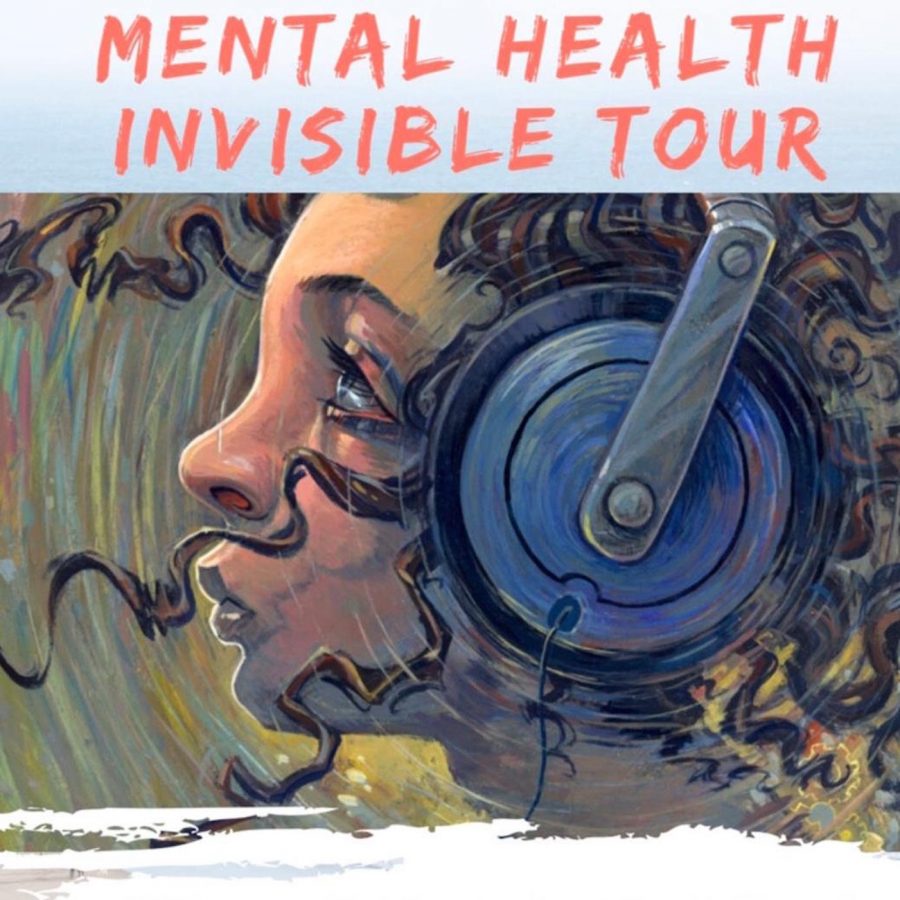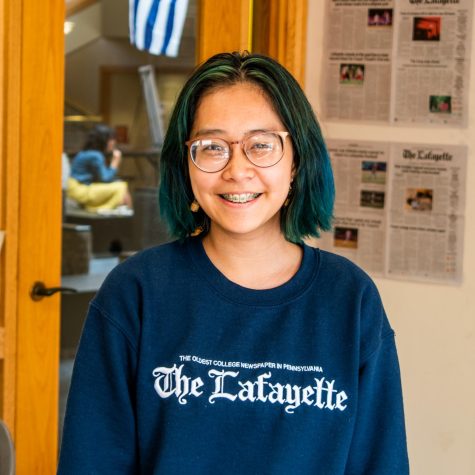For the majority of students who are spending the remainder of the spring semester at home rather than on campus, the Mental Health Invisible Tour podcast of Lafayette College may be the perfect opportunity to reconnect with to College Hill and other students in a new, creative and vulnerable way.
The invisible tour podcast is not your typical college tour. Beginning with the voice of tour creator Yazmin Baptiste ’20 introducing herself as the “invisible guide” over jazzy, hip-hop instrumental music, the tour spends the next 45 minutes presenting a collection of anonymized mental health narratives by students, faculty and staff in the Lafayette community.
Baptiste has been working on the invisible tour project since she returned from her study abroad experience in Rome last year where she experienced an invisible tour telling the stories of immigrants while visiting significant monuments in the city.
The project was originally intended to be an interactive podcast that students could listen to while walking around to the locations on campus that were referenced in the podcast. However, now, due to the current circumstances of this semester, students can listen to the podcast on Spotify from any location.
“I think the anonymity of the tour really allowed people to speak freely in ways they wouldn’t before,” Baptiste wrote in an email. “I am very appreciative of everyone who decided to share their story because I know it took a lot of bravery and trust to allow someone else to curate your experience into a larger project. I hope I did them justice.”
The tour begins in the Farinon College Center, where a first-year student and a staff member talk about the stress and anxiety they experience in Farinon.
“I have experienced harassment, mistreatment, and general othering due to my gender, age, and race,” says the anonymous staff member. “This place brings me a lot of stress and I got a lot of anxiety just coming into the business.”
The invisible tour is defined by narratives like this one: invisible populations such as staff members, students from low-income backgrounds and non-white students speaking frankly about invisible issues. Baptiste said she believes that although these issues aren’t always prioritized by the college, they are still worth discussing, which is why she chose to put these stories front and center throughout the podcast.
More relaxing instrumentals play as Baptiste directs the listener to different locations on campus. This music is a common motif throughout the tour. Not only does it provide the listener with a pleasant soundtrack as they commute to their next destination, but it also allows for a much-needed space to process the heavy issues discussed in a few of the narratives, including sexual assault and suicide.
There is a moment, as the tour directs up the stairs of Ruef Hall, where a student reading a narrative about sexual assault trails off near the end and cannot bring themselves to finish recording.
“Sorry,” says the student, sounding distressed. “This is just a lot.”
Many of the narratives showcased are difficult to process, but the discomfort is not censored. Baptiste said that she wanted to demonstrate how mental health experiences are as much a part of the Lafayette experience as studying at Skillman or eating at Lower – and that this is a problem.
“We need to take a hard look at the power dynamics at Lafayette and how this is affecting everyone in our community,” Baptiste says in the tour.
“Now more than ever, the power dynamic between professors and students is apparent as some students struggle with home life and course work in silence,” Baptiste added in an email.
Most students are currently living off campus and won’t be able to experience the Mental Health Invisible Tour as Baptiste originally meant for them to. However, she hopes the tour will still bring comfort to students during these uncertain times.
“I hope everybody at Lafayette can relate to the tour and I hope they feel empowered to talk about their own experiences,” Baptiste wrote.























































































































